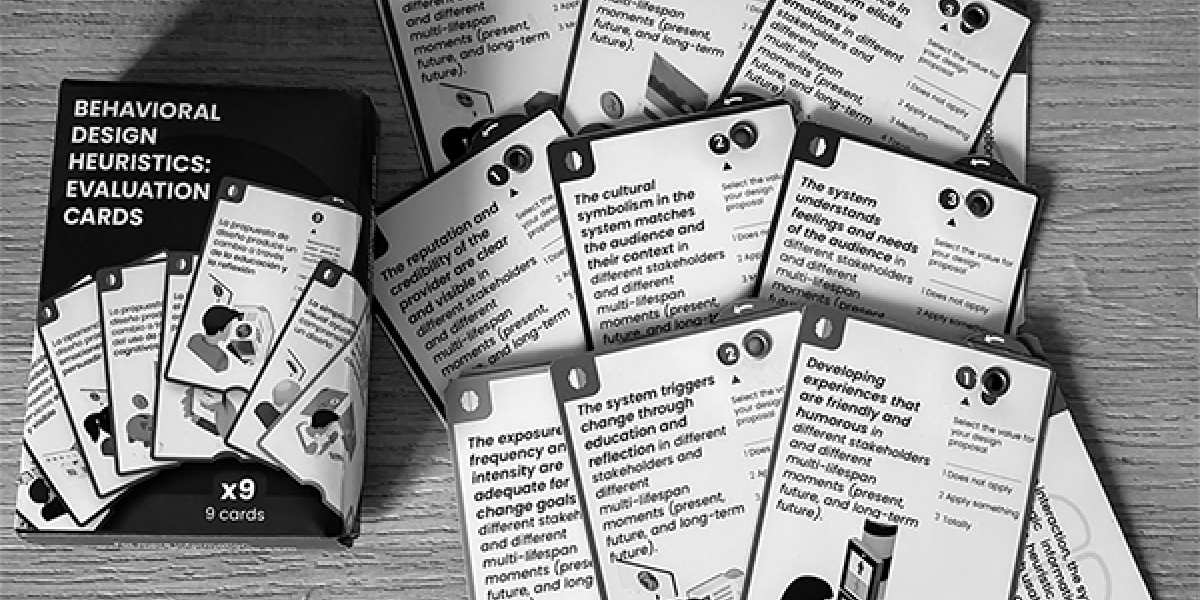Article about evaluation in design for behavior change
The article Decision-making using heuristic evaluation in design for behavior change was published in the Journal of Design Research. In this study, Dr. Paula Escandón (U. Nacional de Colombia) and Dr. Mauricio Mejía report the development of a heuristic evaluation tool based on rhetoric and other theories of change. We also report a case study of design evaluation in a project of behavior change for street and traffic safety. In our findings, we report how designers in practice used heuristics to evaluate and develop their ideas further. We concluded that the heuristic evaluation tool helped designers reflect on their process to make conscious decisions about refining their ideas and proposals. This work contributes to understanding how evaluation tools based on theories of change can inform designing and support designers’ decision-making.
https://www.inderscienceonline.com/doi/abs/10.1504/JDR.2022.130483
Abstract: In the design processes, designers make decisions by intuition, experience, or support tools. In the case of design for changing behaviours, designers evaluate their strategies or artefacts using tools derived from other disciplines; therefore, there is no framework for evaluating alternatives in the early stages of the project process in this area. This study presents an evaluation tool formulated from heuristic design principles to change behaviours, which were validated through a literature review and tests in design projects for changing behaviours. The results indicated that the designers, when evaluating their ideas with the proposed tool, made decisions focused on generating and adjusting their ideas to these principles. During the tests, participants did not select or reject proposed ideas; instead, the tool served to reflect and adjust the design proposals to the design theories for behaviour change implicit in the heuristic evaluation tool.
